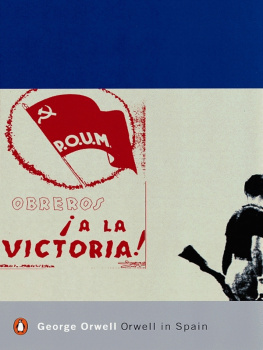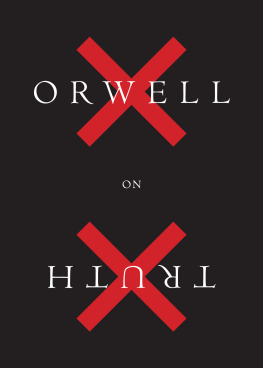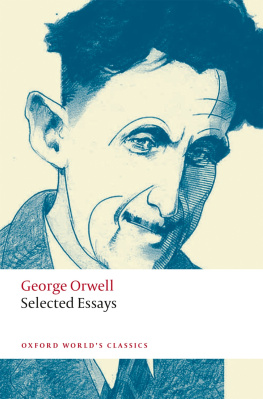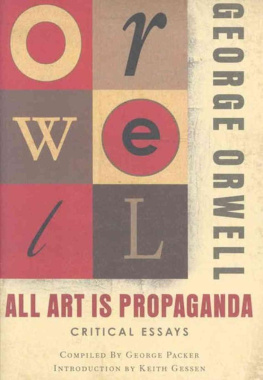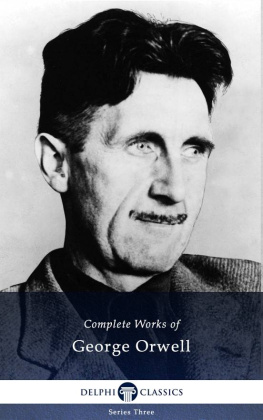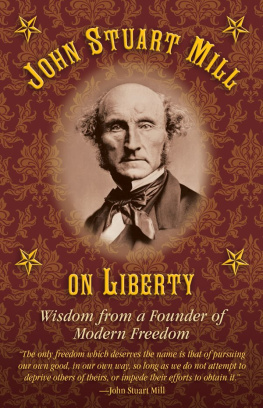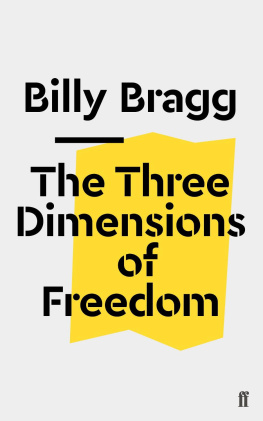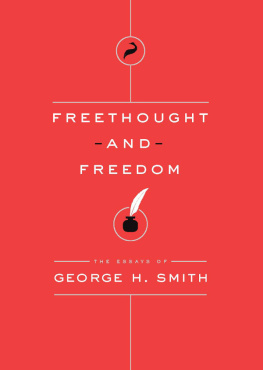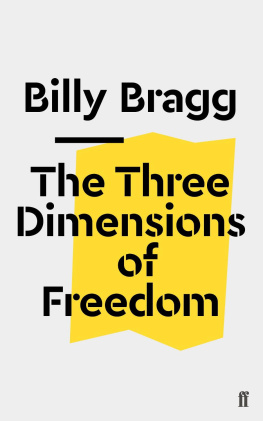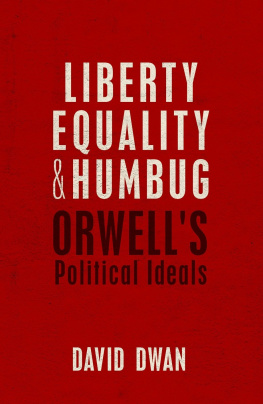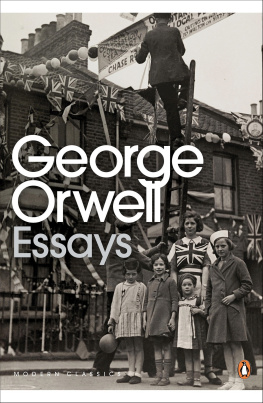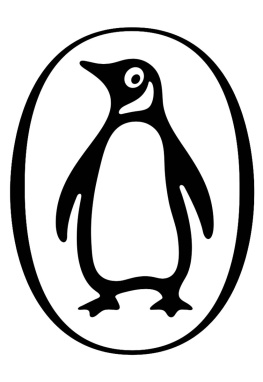Contents
About the Book
With an introduction by Kamila Shamsie
Freedom is the freedom to say that two plus two equals four. If that is granted, all else follows.
GEORGE ORWELL is one of the worlds most famous writers and social commentators. Through his writing he exposed the unjust sufferings of the poor and unemployed, warned against totalitarianism and defended freedom of speech.
This selection, from both his novels and non-fiction, charts his prescient and clear-eyed thinking on the subject of FREEDOM. It ranges from pieces on individual liberty, society and technology, to political liberty, revolution and the importance of free speech. His ambition to create a fairer and more egalitarian society is essential inspiration as we strive for freedom and equality in todays world.
If liberty means anything at all it means the right to tell people what they do not want to hear.
Strand London WC2R 0RL and their respective subsidiary companies.
About the Author
George Orwell (19031950) is one of Englands most famous writers and social commentators. He is the author of the classic political satire Animal Farm and the dystopian masterpiece Nineteen Eighty-Four. He is also well known for his essays and journalism, particularly his works covering his travels and his time fighting in the Spanish Civil War. His writing is celebrated for its piercing clarity, purpose and wit and his books continue to be bestsellers all over the world.
Also by George Orwell
Fiction
Burmese Days
A Clergymans Daughter
Keep the Aspidistra Flying
Coming Up for Air
Animal Farm
Nineteen Eighty-Four
Non-fiction
Down and Out in Paris and London
The Road to Wigan Pier
Homage to Catalonia
A Kind of Compulsion (190336)
Facing Unpleasant Facts (193739)
A Patriot After All (194041)
All Propaganda Is Lies (194142)
Keeping Our Little Corner Clean (194243)
Two Wasted Years (1943)
I Have Tried to Tell the Truth (194344)
I Belong to the Left (1945)
Smothered Under Journalism (1946)
It Is What I Think (194748)
Our Job Is to Make Life Worth Living (194950)
Critical Essays
Narrative Essays
Diaries
A Life in Letters
Seeing Things As They Are: Selected Journalism and Other Writings
Introduction
I first read Orwell as an eighteen-year-old, newly arrived in America for university. It was 1991. In the space of a few years the Soviets had been driven out of Afghanistan, Nelson Mandela had been released from prison, the Berlin Wall had fallen, and democracies were bursting out of totalitarian soil, including in my home nation of Pakistan. I was young enough to believe progress was linear, and that I was entering adulthood just as the world was becoming an irrevocably better place.
Of course I knew even then that the picture was not quite so uncomplicated. Pakistans three-year-old democracy was floundering; Afghanistan was gripped by civil war and no one much seemed to care just so long as the Soviets werent involved; and Americas war on its former ally, Saddam Hussein, suggested that the lone superpower left standing after the Cold War might be more interested in increasing its economic and political might than in spreading freedom (having grown up during the days of Americas close alliance with Pakistans dictator Muhammad Zia-ul-Haq, I was sceptical about the new world orders commitment to other peoples freedoms to begin with). But though I knew all this at an abstract level I was largely undefended against the seductively optimistic mood in America as Bill Clinton, child of the 1960s, came closer to the White House both he and America sufficiently at ease with themselves for it to be considered a smart political move to appear on MTV and answer the question Boxers or briefs? Oh, the world was good more than that, it was fun. And Nineteen Eighty-Four proved it.
By which I mean, my naive reading of the novel seemed further evidence of the sunniness of the world. I read Nineteen Eighty-Four as though it were a piece of fiction that showed us what the world could have been if the Cold War had turned out differently. But in the world we actually lived in, the world in which I was reading Nineteen Eighty-Four, the novel served primarily to underscore the triumph of Democracy with a very capital or do I mean, capitalist D. Big Brother and the Thought Police and Newspeak had been defeated. Winston was free.
This is not to say I was dismissive of Nineteen Eighty-Four. Quite the contrary. In those student days when it was necessary to decorate the walls and door of your dorm room with evidence of the things by which you wished to be known, I printed out a section of Nineteen Eighty-Four and pasted it to my door:
Winston was dreaming The girl with dark hair was coming towards them across the field. With what seemed a single movement she tore off her clothes and flung them disdainfully aside. Her body was white and smooth, but it aroused no desire in him, indeed he barely looked at it. What overwhelmed him in that instant was admiration for the gesture with which she had thrown her clothes aside. With its grace and carelessness it seemed to annihilate a whole culture, a whole system of thought, as though Big Brother and the Party and the Thought Police could all be swept into nothingness by a single splendid movement of the arm. That too was a gesture belonging to the ancient time. Winston woke up with the word Shakespeare on his lips.
Why did I stick that on my door? Because it said something nice about Shakespeare. That, in 1991, was the most striking part of Nineteen Eighty-Four to me. I wonder now if I might have read the novel differently, paid better attention to its warnings, if I had read the letter Orwell wrote to Amy Charlesworth in 1937:
What we call democracy in a capitalist country only remains in being while things are going well; in time of difficulty it turns immediately into Fascism.
Its chilling to read that today as we watch the rise of the far-right across the world, with increasing numbers of voters turning towards the ultra-nationalist Strong Man whose opponents are branded traitors. At the same time, surveillance technology means Big Brother is always watching us, and whats more it turns out that the world of the Internet, which was in its delightful infancy in my undergraduate days, is a new incarnation of the Thought Police at work improving its algorithms to allow it to enter our minds so it can first know, and then influence, the choices we think were making of our own free will. All this before we even get started on all those terms of Newspeak that are part of twenty-first-century English, from collateral damage to rendition to fake news. In these times, no work of fiction or non-fiction seems more prescient or apt than Nineteen Eighty-Four. Any writer at work today, seeking a way to respond to the terrifying new world, could do worse than ask the question: What would Orwell write?


